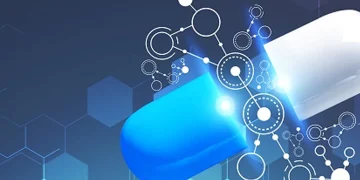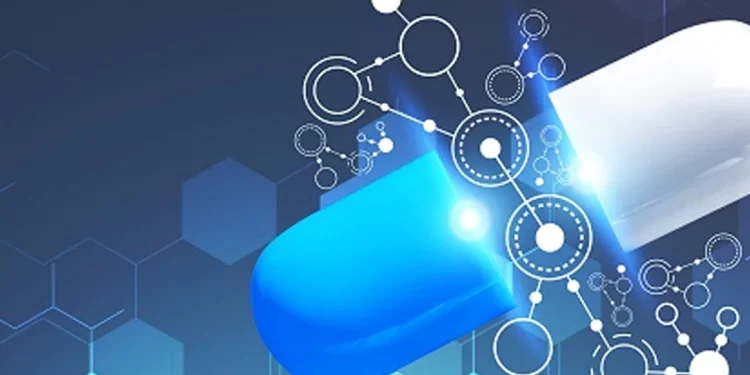What is AI-enabled Drug Discovery?
AI-enabled drug discovery uses artificial intelligence and machine learning to accelerate and improve the process of identifying new drug candidates, predicting their effectiveness, and optimizing their design. This approach aims to reduce the time, cost, and failure rates associated with traditional drug development.
How It Works:
- Data Analysis: AI analyzes vast amounts of biological, chemical, and clinical data to identify patterns and potential drug targets.
- Molecular Modeling: Machine learning models predict how different molecules will interact with biological targets, helping to design effective compounds.
- Simulation & Screening: AI simulates how drugs behave in the body and screens large libraries of molecules to find promising candidates quickly.
- Optimization: AI refines drug structures for better efficacy, safety, and reduced side effects.
Benefits:
- Speed: Traditional drug development can take over a decade; AI can shorten early discovery phases from years to months.
- Cost Reduction: Reduces expensive lab experiments by focusing on the most promising candidates.
- Innovation: Identifies novel drug targets and compounds that might be overlooked by human researchers.
- Personalized Medicine: Helps design drugs tailored to individual genetic profiles.
Applications:
- Disease Targets: Cancer, Alzheimer’s, infectious diseases (like COVID-19), and rare genetic disorders.
- Repurposing Drugs: AI identifies existing drugs that could be effective for new diseases.
- Clinical Trials: AI helps select suitable candidates and predict outcomes to improve trial success rates.
Industry Leaders:
- DeepMind (with AlphaFold): Predicts protein structures crucial for drug design.
- Insilico Medicine, Atomwise, and BenevolentAI: Focus on AI-driven drug discovery pipelines.
- Major pharmaceutical companies like Pfizer and Novartis increasingly collaborate with AI startups.
Challenges:
- Data Quality & Access: AI needs high-quality, diverse datasets; data privacy and sharing regulations can limit availability.
- Validation: AI predictions must be verified through rigorous lab and clinical testing.
- Integration: Incorporating AI tools into existing R&D workflows requires cultural and technical shifts.
Future Outlook:
AI-enabled drug discovery promises to revolutionize medicine by making the process faster, cheaper, and more innovative. As AI models improve and datasets grow, we can expect breakthroughs in treating complex diseases and personalized therapies.
AI is not replacing scientists but empowering them to make better, faster decisions in the quest for new medicines. Would you like to hear about some real-world success stories or upcoming AI tools in drug discovery? Just say the word! 💉🤖Tools
ChatGPT can make mistakes. Check important info. See Cookie

































































